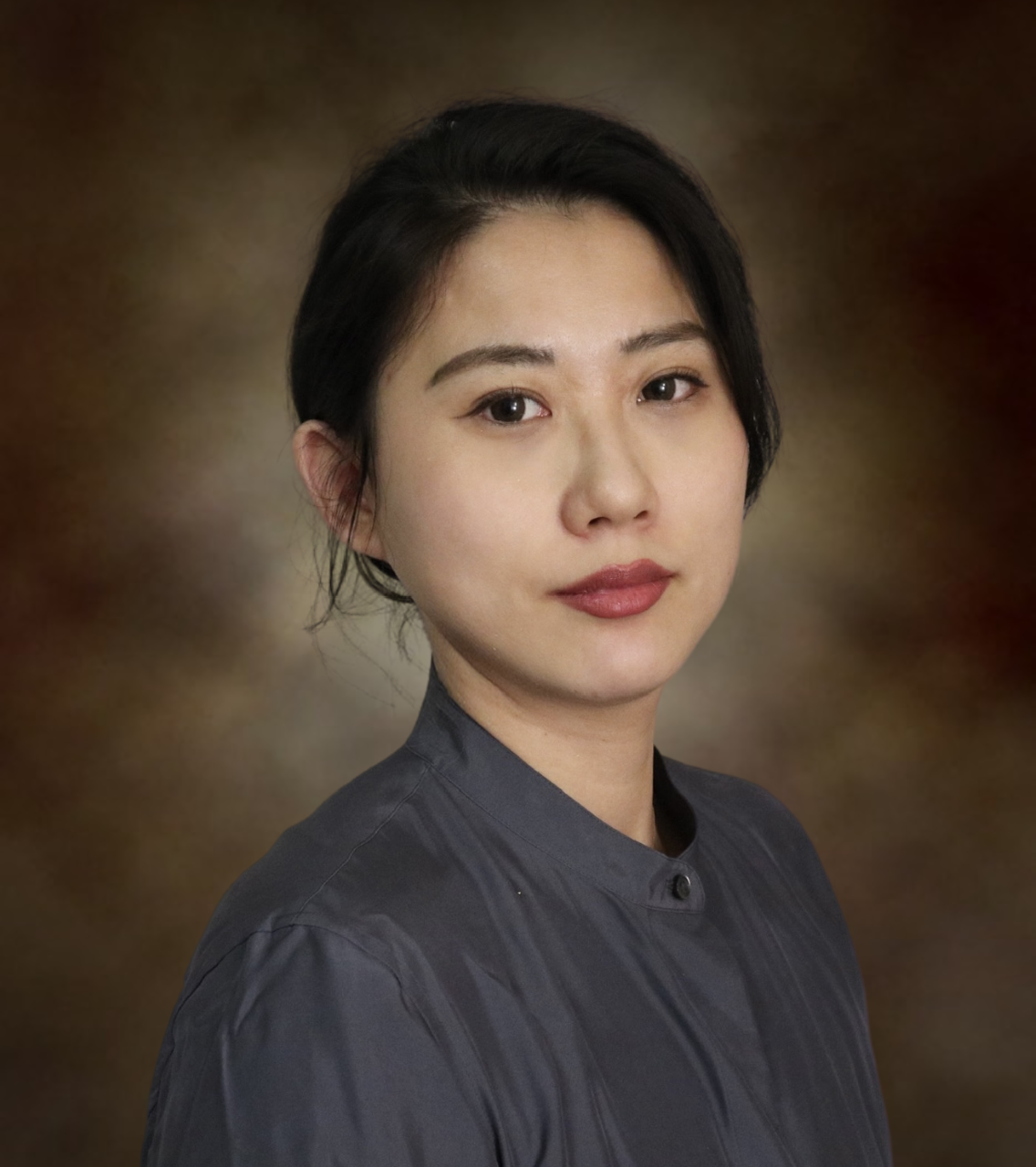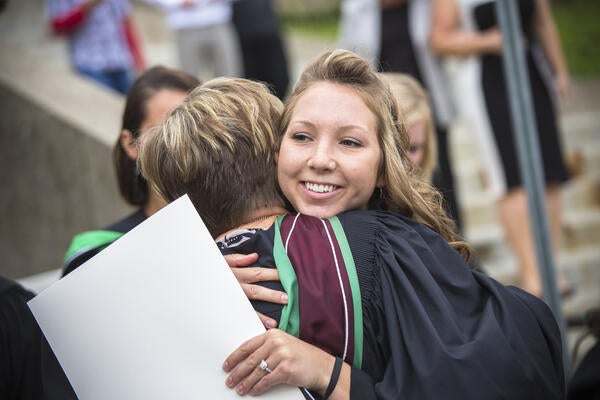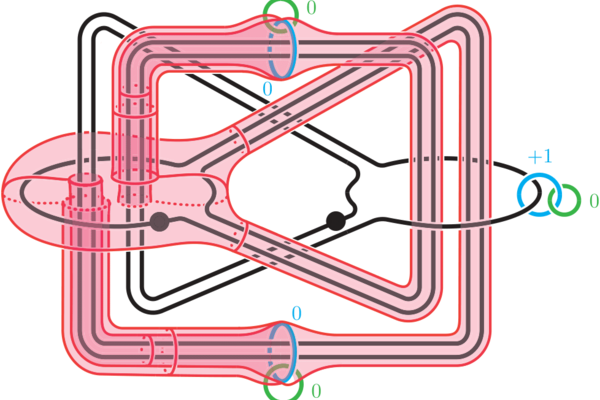
Creating the statistical tools to solve the big problems
Faculty of Mathematics Doctoral Prize winner Meng Yuan refines statistical models for real-world application

Faculty of Mathematics Doctoral Prize winner Meng Yuan refines statistical models for real-world application
By Jon Parsons Faculty of MathematicsStatistics are so common in our everyday lives that the subject can easily be taken for granted.
But whether it is about pressing global issues related to the pandemic or more local concerns related to the housing market, statistics inform almost any decisions for policymakers and citizens alike.
Because statistics are so commonplace, it is easy to forget that a lot of work goes into creating the statistical tools that help us understand the world and make the best decisions. Having the most refined statistical tools means better outcomes.
That’s where Meng Yuan comes in.
Yuan is a researcher in the Department of Statistics and Actuarial Sciences, where she recently completed a PhD. For her exemplary work in her dissertation, she was named one of the winners of this year’s Faculty of Mathematics Doctoral Prize. The main focus of Yuan’s research was on refining statistical methods for “two-sample density ratio models.”

Meng Yuan, a recent PhD graduate of the Department of Statistics and Actuarial Science, was a winner of the Faculty of Mathematics Doctoral Prize for her outstanding dissertation.
“Essentially what I research are statistical models that combine two different but related data sets,” Yuan says. “My work specifically looks at the methods used by statisticians to understand biometric and econometric data. It’s relevant to things like COVID-19 on the biomedical side, and to the Gini index of inequality on the economic side, but there are many other applications.”
During her time as a PhD student, Yuan also worked as an instructor, and says that spending time in the classroom with students was one of the things she enjoyed most about her academic career so far.
“It was a big adjustment when the pandemic started and all the classes went online,” she says. “I know it was tough on the students and it was tough for me as a new instructor as well. But I learned so much about teaching and I’m glad now to be able to bring some of those skills back in the face-to-face classroom.”
As far as what is next for this rising academic star, Yuan has already begun postdoctoral research at Waterloo, picking up where she left off at the end of her PhD. She says she loves the research and is interested in pursuing an academic career.
“You need to have a team of people supporting you to successfully complete a PhD,” Yuan continues. “I am so grateful to my supervisor and to all the wonderful people in the department who always made time for me. I am also lucky to have the support of my family, who never stopped cheering me on. And my boyfriend, who I shared a small apartment with all through the pandemic, was so supportive.”
“I’m looking forward to keeping my career going and taking on new challenges. Completing my PhD has just made me hungry for more.”

Read more
Award of Excellence in Graduate Supervision recognizes outstanding mentorship of master’s and PhD students

Read more
Governor General’s Gold Medal winner Patrick Naylor brings the awe and wonder of math to the next generation of students

Read more
Here are the people and events behind some of this year’s most compelling Waterloo stories
The University of Waterloo acknowledges that much of our work takes place on the traditional territory of the Neutral, Anishinaabeg, and Haudenosaunee peoples. Our main campus is situated on the Haldimand Tract, the land granted to the Six Nations that includes six miles on each side of the Grand River. Our active work toward reconciliation takes place across our campuses through research, learning, teaching, and community building, and is co-ordinated within the Office of Indigenous Relations.